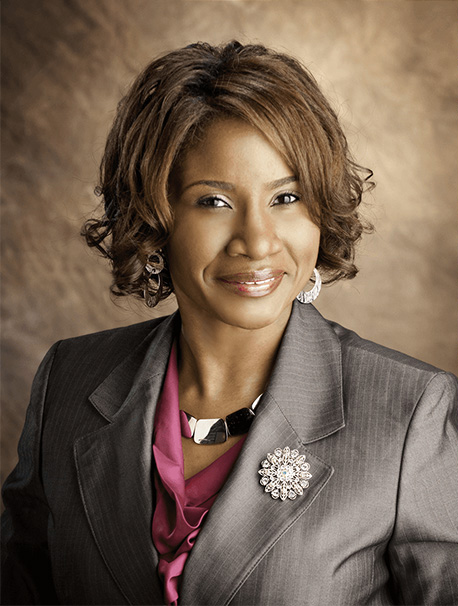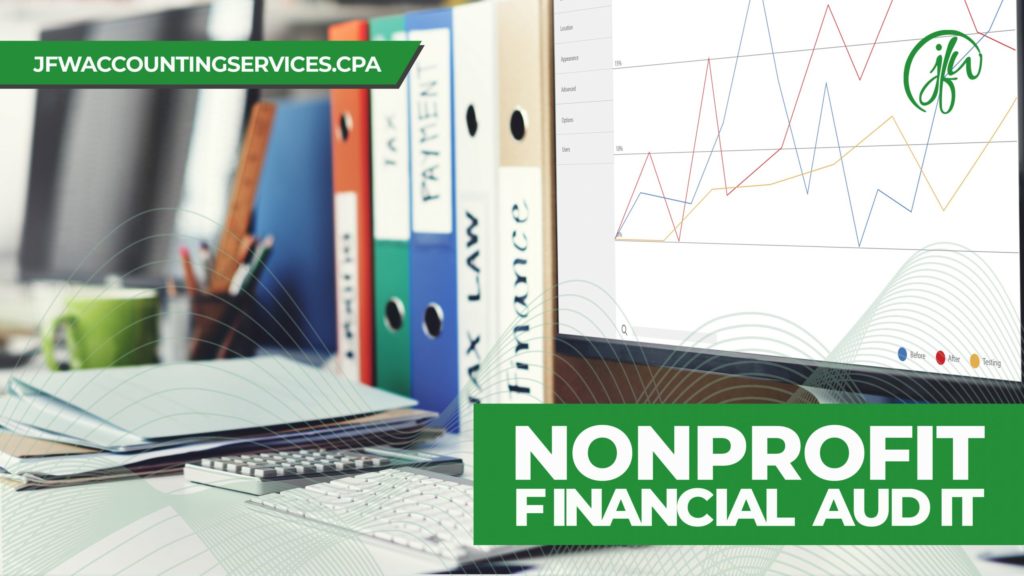Purpose Of An Audit
A financial audit is a process of verifying financial statements. The audit will test for accuracy and transparency of the figures represented on financial reports including the statement of financial position, statement of activities, and Form 990. Financial reports are generally prepared internally in a nonprofit organization, so a financial audit allows for an external verification to be completed.
When a nonprofit financial audit is completed, an external Certified Public Accounting (CPA) firm will review the organization and issue a formal opinion on how well the nonprofit’s financial position is represented in the prepared statements. The CPA conducting the audit will also confirm that the organization’s accounting practices are in line with the Generally Accepted Accounting Principles (GAAP).
When Should You Get An Audit Done?
Many nonprofit organizations get a financial audit done annually. It is common practice to complete the audit before filing Form 990 so that any adjustments resulting from the audit can be reflected on the document. An annual audit allows for each fiscal year’s financial reports to be verified so that the beginning balance on all ledger accounts is correct each year.
Determining when to get an audit done can often be decided by answering the question of “Is an audit required?” Nonprofit organizations can refer to their by-laws, state requirements, federal funding requirements, or the requirements of agencies issuing grants to see whether they are required to get a financial audit done and if there is a specific time constraint on the requirement.
What Is The Process For Auditing?
There are three main steps to the nonprofit financial audit for the organization:
Choose A CPA And Prepare For The Audit
Once the organization has hired a CPA firm to conduct the audit, the CPA firm will schedule the audit and send a list of required documents. Some of the items likely to be on that list are:
- Financial Reports
- Bank and mortgage statements
- Property Tax Bills
- Accounts Payable ledgers
- 1099s
- Grants and contributions supporting documents
Participate In The Audit
Whether the CPA conducting the organization’s audit does so at the location of the nonprofit or in their own office, they will need regular support from the accounting team at the nonprofit. As they begin to test the reports, the CPA may ask for additional supporting documents and have questions about recorded items. They may want to interview staff about procedures and internal controls as well
Conclusion Of The Audit
Once the CPA has finished going through all of the statements and their corresponding report, they will take some time to write up their findings. Once they have finished, they will issue a final report. They will also issue any adjusting journal entries that need to be done, as well as adjusted financial statements. At that time, the organization will be able to issue the findings to any regulating agencies as required. The CPA may also issue a letter to management with comments about accounting processes, internal controls, or areas for improvement.
Who Pays For The Audit?
A financial audit is a significant expense for a nonprofit organization, as they are responsible to pay for the audit. However, it is an expense that provides a great return on its investment. A financial audit makes it possible for a nonprofit organization to continue to fulfill its mission by meeting the requirements of its supporters. An organization that has regular audits conducted may also be able to attract new donors or be eligible for new grants or federal funds.
If an audit is required in the by-laws of the organization or by the state to keep tax-exempt status, it is an expense that can be put into the budget and planned for with funds set aside for accounting fees. Also, if the audit is required by a federal funding program or by agencies that grant funds to the nonprofit, it is a justifiable expense. Proper cash flow management, planning, and annual budgeting will allow for a nonprofit to prepare for the expense of an audit.
How To Find A Nonprofit Auditor
Finding the right firm to conduct the financial audit can be a lengthy process. After all, an audit is important to the future of the organization. It is also a process that takes a few months to complete. When choosing a CPA firm to conduct your nonprofit’s audit, be sure to choose a firm you will want to work with.
A simple online search can give you a list of firms to call or meet with about cost and timing. You’ll want to find a firm that is familiar with nonprofit organizations. Accounting firms that already help with your organization’s bookkeeping or tax preparation are another great source of information.
At JFW Accounting Services, we are happy to help. We can help you decide whether a financial audit is the next right step for your organization, and we also offer audit preparation assistance to help you get ready for regulatory audits. Schedule a call and talk to one of our experts now.

Jo-Anne Williams Barnes, is a Certified Public Accountant (CPA) and Chartered Global Management Accountant (CGMA) holding a Master’s of Science in Accounting (MSA) and a Master’s in Business Administration (MBA). Additionally, she holds a Bachelor of Science (BS) in Accounting from the University of Baltimore and is a seasoned accounting professional with several years of experience in the field of managing financial records for non-profits, small, medium, and large businesses. Jo-Anne is a certified Sage Intacct Accounting and Implementation Specialist, a certified QuickBooks ProAdvisor, an AICPA Not-for-Profit Certificate II holder, and Standard for Excellence Licensed Consultant. Additionally, Jo-Anne is a member of American Institute of Certified Public Accountant (AICPA), Maryland Association of Certified Public Accountants (MACPA), and Greater Washington Society of Certified Public Accountants (GWSCPA) where she continues to keep abreast on the latest industry trends and changes.

